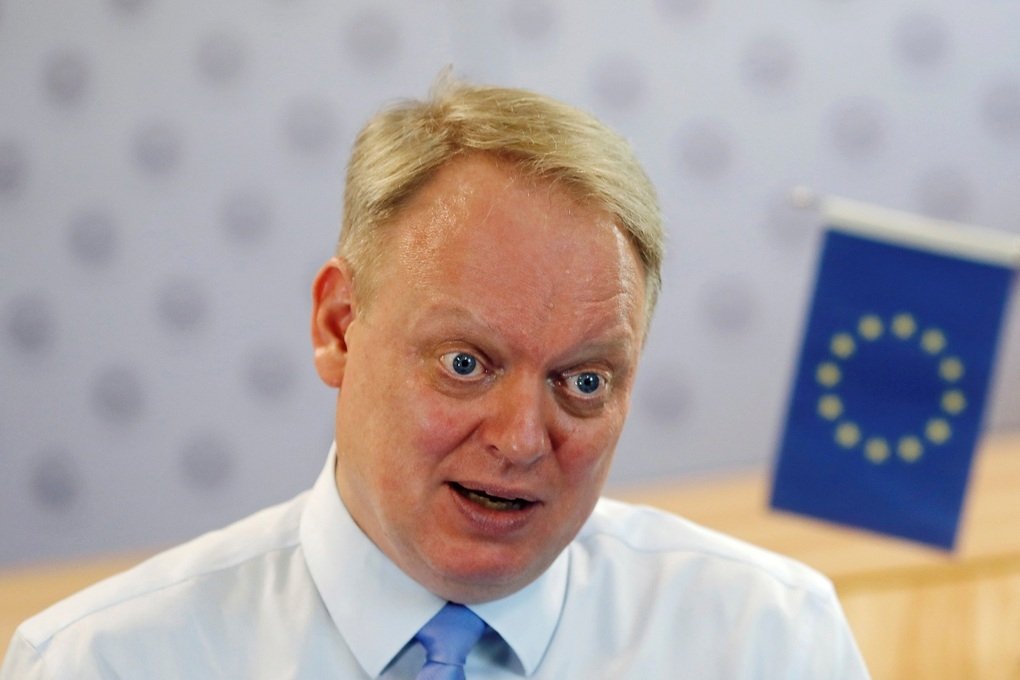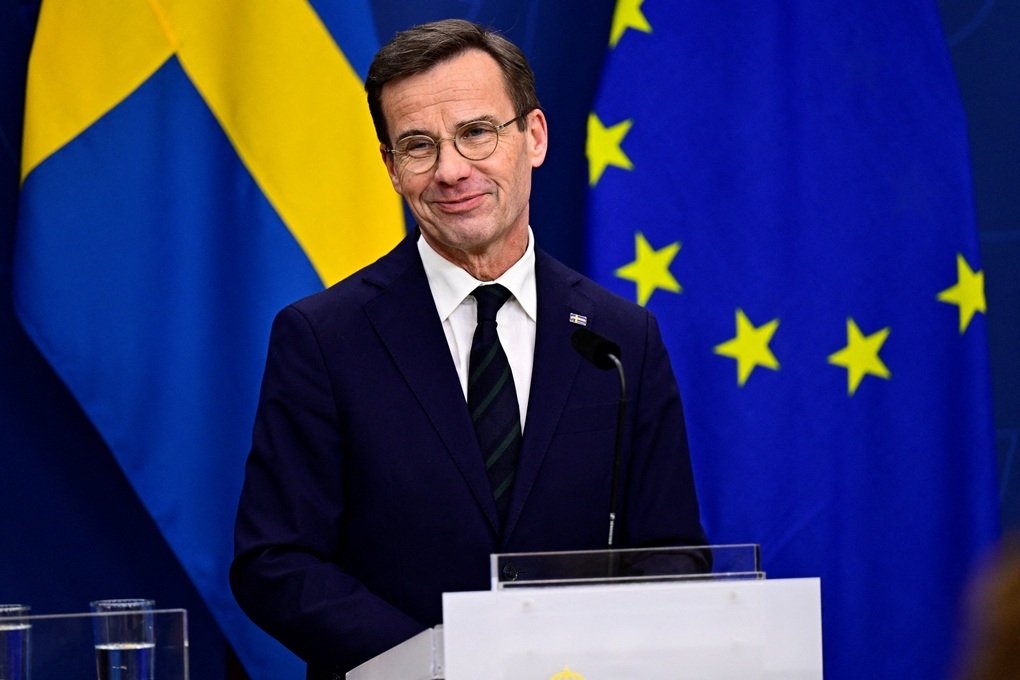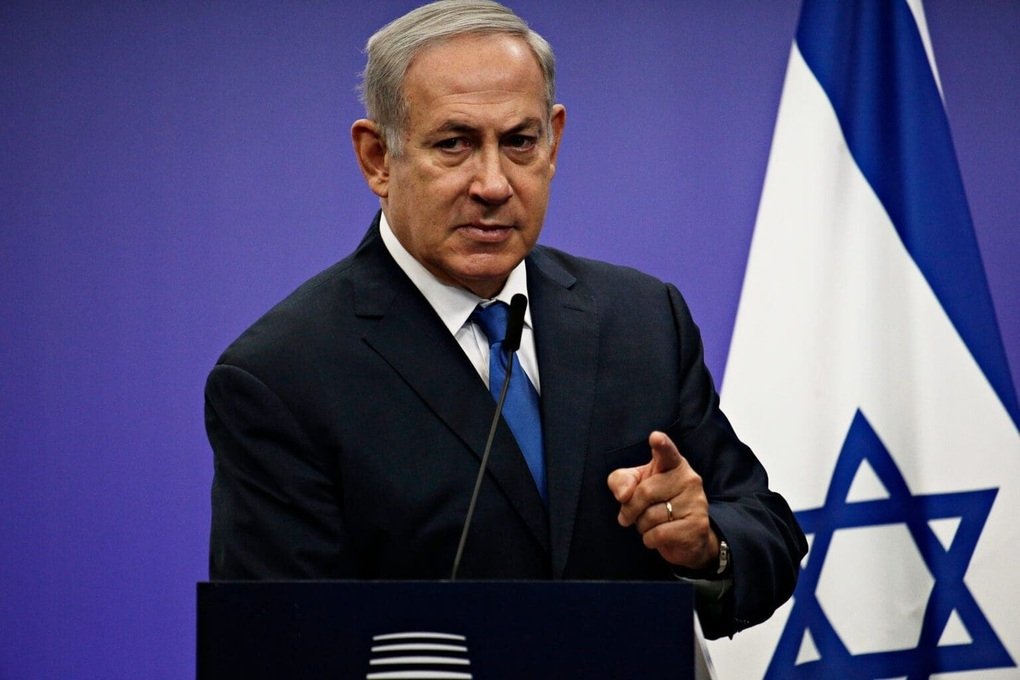(Dan Tri) – Representatives of EU businesses operating in China expressed concern that the alliance and Beijing may be approaching a trade war.
Jens Eskelund, president of the EU Chamber of Commerce in China (Photo: Reuters),
SCMP reported that Jens Eskelund, president of the EU Chamber of Commerce in China, on May 16 expressed concern that the European Union and China are on the brink of a trade war, as economic tensions between the two
The EU Chamber of Commerce in China is a non-profit and non-governmental organization established to support and represent the interests of companies from the European Union operating in China.
In recent months, the European Commission has launched a series of investigations related to trade with China.
The EU expressed dissatisfaction with what it described as `China’s unwillingness to expand market access for European companies` and Beijing’s continued use of subsidies.
The most prominent investigation related to subsidies in China’s electric vehicle industry will end in early June. In July, the EU may impose taxes on cars imported from China.
Mr. Jens Eskelund said: `Based on historical precedent, I am concerned that there will be retaliation (from China).`
Trade wars occur when one side retaliates against the other side’s policies by increasing import tariffs or restricting the other side’s market access.
Mr. Eskelund warned that `tit for tat` moves could cause China-EU relations to plummet and `will harm bilateral trade`.
He hopes the urgency of the situation will bring the two sides to the negotiating table.
In recent times, the EU has conducted investigations in a series of areas of cooperation with China such as railways, solar energy, wind power and technology.
The European side believes that Beijing’s policies to subsidize technology enterprises have led to Chinese companies overproducing green and high-tech products, beyond domestic demand.
These surplus goods are then exported at low cost to the EU.
Chinese President Xi Jinping said last week there was `no problem with China’s overcapacity`.










